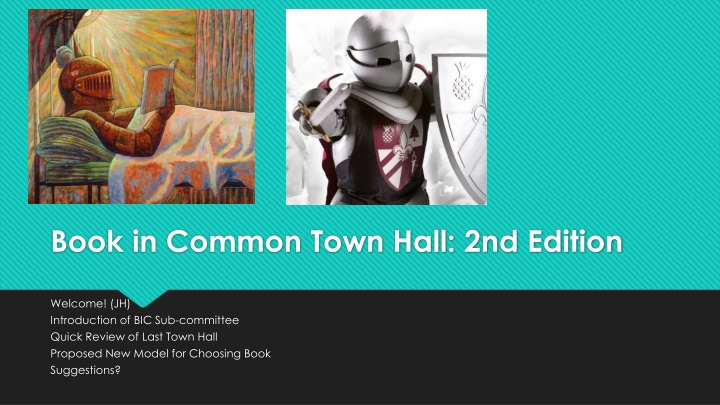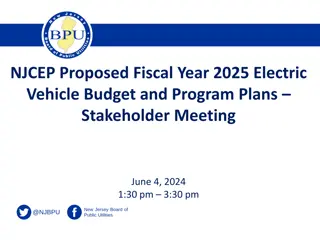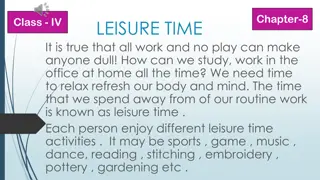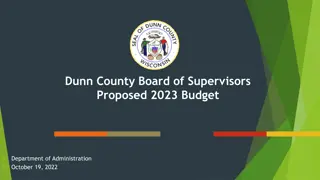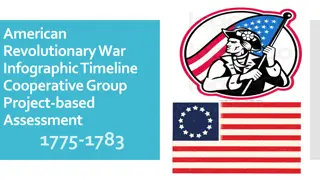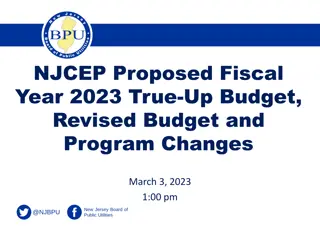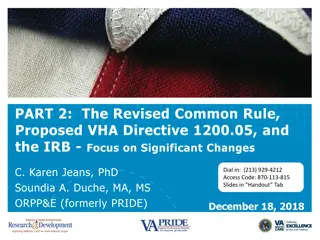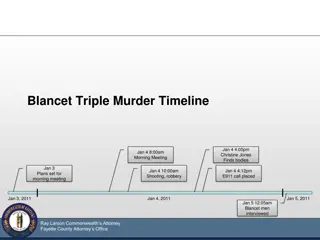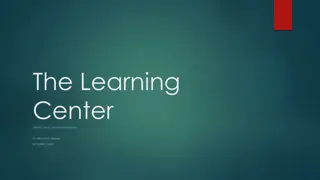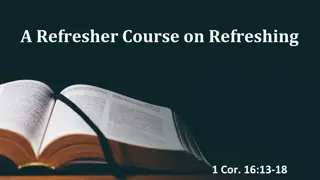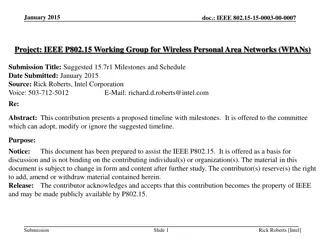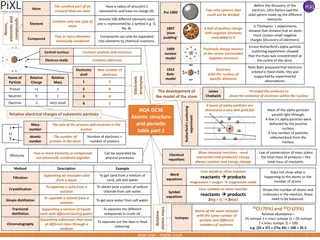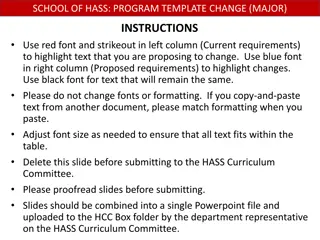Refreshing the Book in Common Program: Proposed New Model and Timeline
The Town Hall introduces a new model for selecting book suggestions, aiming to enhance critical thinking and community building. Goals include gathering feedback, incorporating BIC into core curriculum, and inspiring responsible citizenship. The proposed outcomes focus on liberal arts principles and critical skills, while the timeline outlines steps from committee selection to community voting. Faculty involvement is key in submitting supplementary essays meeting the desired outcomes.
Download Presentation

Please find below an Image/Link to download the presentation.
The content on the website is provided AS IS for your information and personal use only. It may not be sold, licensed, or shared on other websites without obtaining consent from the author.If you encounter any issues during the download, it is possible that the publisher has removed the file from their server.
You are allowed to download the files provided on this website for personal or commercial use, subject to the condition that they are used lawfully. All files are the property of their respective owners.
The content on the website is provided AS IS for your information and personal use only. It may not be sold, licensed, or shared on other websites without obtaining consent from the author.
E N D
Presentation Transcript
Book in Common Town Hall: 2nd Edition Welcome! (JH) Introduction of BIC Sub-committee Quick Review of Last Town Hall Proposed New Model for Choosing Book Suggestions?
Introductions Jessica Lynch, Director of Student Activities Kristen Wallistch, Associate Dean of Academic Support Programming/Calendar: Laura Kline, Leslie Maxie-Ashford, Shelby Bosi Promotion/Infrastructure: Natasha Begin, Michael Strawser Curriculum/Classrorom: Jennie Wellman, Andrew Schroder, Beth Bell Choice and Implementation: Jess Hume, Jon Blandford, John Stemmer, Jenny McIntosh, Michael Strawswer BIC Suggestion Page Picture 3
Goals for Today Introduce proposed new timeline and model for selection of text (which has been based on faulty/staff feedback and practices at peer institutions) Discuss proposed new model and gather feedback to make changes and adjustments
Refreshing from the Last Town Hall: Faculty & Staff Feedback BIC is important to our institutional culture The most important purpose of the book in common is to inspire thoughtfulness or critical thinking (after that, community building). The BIC should be required. Ideally, BIC could be incorporated into core curriculum.
Proposed New Model: Outcomes Connect to Bellarmine s liberal arts mission Discover the interconnectedness between peoples, cultures, and disciplines Demonstrate self-reflection Cultivate critical reading and thinking skills including logic, analysis, evaluation, and problem solving. Identify with a community of peers through a shared experience Asks students to grapple with understanding the nature and definition of responsible citizenship * From now on, in addition to choosing a full-length text, we will also ask faculty to submit supplementary essays which meet these outcomes, which we will compile into a packet or Moodle page. *All of these work with current curriculum and can work with future curriculum supported by the LET
Proposed New Model: Timeline (this year) Dec. 2017 Invitations go out for new BIC Selection Committee Members Jan. 5, 2018 Open call for suggestions for texts and supplementary essays goes live on the webpage Jan. 10, 2018 Initial meeting with new BIC Selection Committee to explain new process and begin conversation Jan. 5-Feb.16, 2018 University-wide promotion of open call Feb. 16, 2018 Open call closes Feb. 23, 2018 Committee narrows selections based on a checklist, orders and reads sample texts March, 2018 Committee narrows selections to 3-5 texts and holds an open community vote April 2018 New text announced and ordered for faculty Fall, 2018 New text piloted (volunteers?) (Late fall 2018 BIC Selection Committee begins selection process for 2020 text) Fall, 2019 Text (chosen in 2018) implemented university-wide
Proposed New Model: Subsequent Years Feb. (2019) Committee narrows selections based on a checklist, orders and reads sample texts Apr. (2019) Committee narrows selections to 3-5 texts Aug. (2019) Open community vote when classes begin in the fall Oct. (2019) New text announced Following fall (2020) New text implemented
